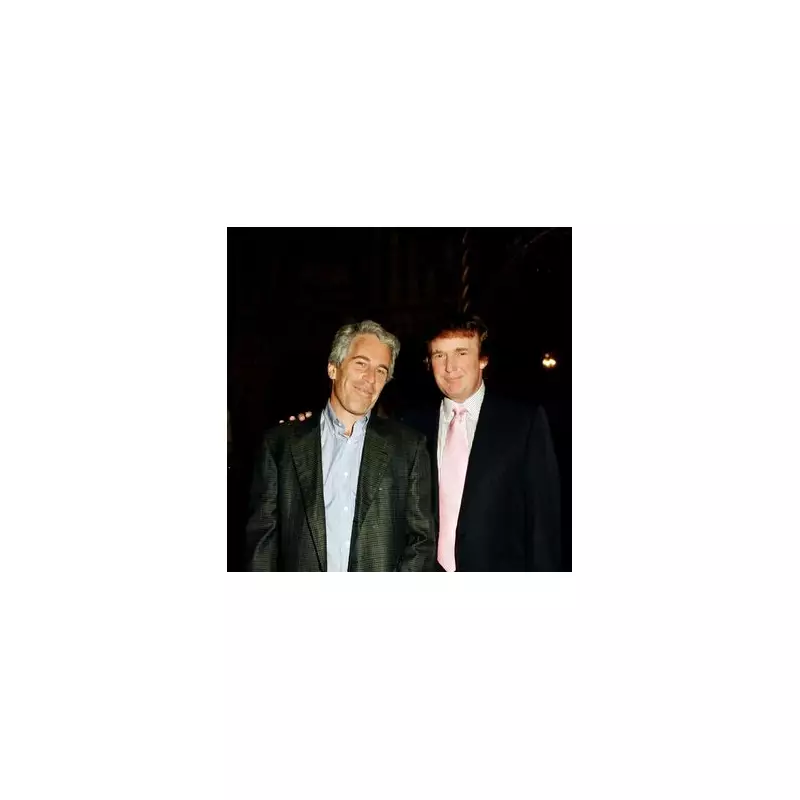
Explosive court filings have unearthed a bombshell allegation that former US President Donald Trump authorised the covert surveillance of his British political ally, Nigel Farage, using powerful spyware. The revelations paint a picture of paranoia and betrayal at the highest levels of power.
The documents, part of a lawsuit filed by former Trump aide Caroline Wren, suggest that Trump grew deeply suspicious of Farage following the 2020 election. Fearing leaks and disloyalty, he allegedly greenlit the intrusion into the Brexiteer's private communications.
The Spyware at the Heart of the Scandal
The alleged tool of choice was Pegasus spyware, developed by the Israeli firm NSO Group. This notorious software can infiltrate a mobile phone, granting its operator complete access to messages, photos, emails, and even the device's microphone and camera, turning it into a live listening device.
Its use by authoritarian regimes to target journalists and activists has been widely condemned, making its alleged deployment against a prominent British politician by a US president utterly unprecedented.
A Friendship Fractured by Suspicion
Trump and Farage, once seen as ideological brothers-in-arms, enjoyed a very public political friendship. Farage was a vocal supporter on the US campaign trail and was even rumoured to be under consideration for a role as Trump's UK ambassador.
This revelation suggests that beneath the surface, Trump's notorious distrust extended even to his closest foreign supporters. The court papers claim the surveillance was triggered by Trump's belief that Farage might have been a source for negative stories in the UK press.
Legal Repercussions and Denials
The allegations have emerged from a $360 million lawsuit, bringing the scandal into a formal legal arena. While representatives for Trump have vehemently denied the claims, labelling them "totally absurd," the inclusion of such specific details in a court filing adds significant weight to the accusation.
Legal experts suggest that if proven, such actions could have severe consequences, potentially violating US and international laws governing cyber surveillance and the privacy of foreign nationals.
This story continues to develop, raising profound questions about power, privacy, and the limits of security in the modern political world.





